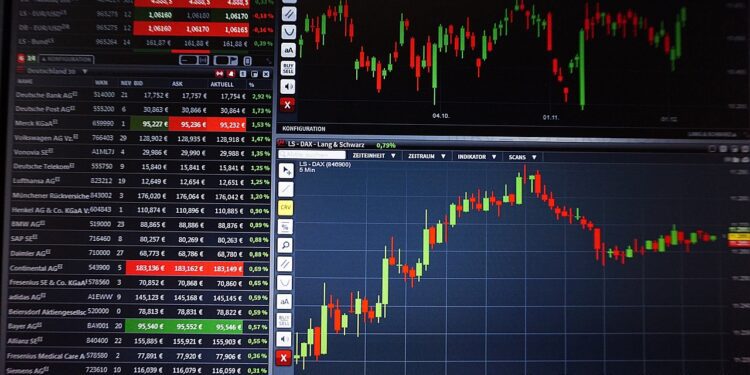The Securities and Exchange Commission (SEC) has granted approval for the inaugural U.S. stock exchange designed to function around the clock, seven days a week. This new platform, known as the 24X National Exchange, is supported by the billionaire Steve Cohen’s Point72 Ventures. Initially, the 24X National Exchange will provide three trading sessions, beginning at 4 a.m. and concluding at 7 p.m. Eastern Time.
Plans are in place to introduce an overnight trading session from 8 p.m. to 4 a.m. as soon as specific data criteria are satisfied. Consequently, the exchange will be active from Sunday evening to Friday evening, with a one-hour pause each day starting at 7 p.m. Dmitri Galinov, who is the founder and CEO of the 24X National Exchange, commented, “The SEC’s endorsement of our exchange is an exciting milestone that the 24X Team has been striving towards for several years.
Traders face heightened risks when markets are closed in their respective regions.”
The concept of continuous stock trading has sparked a range of opinions on Wall Street. Advocates argue that it empowers investors to react swiftly to developments occurring outside traditional U.S. market hours.
SEC endorses round-the-clock stock trading
Detractors caution that the quality of trading might decline due to reduced volume, which could lead to less accurate pricing. Interest in trading beyond standard hours has surged since the pandemic, with firms such as Robinhood Markets Inc. and Interactive Brokers Group Inc. enabling their clients to engage in U.S. stock trading 24 hours a day, five days a week, via Blue Ocean’s alternative trading system. The New York Stock Exchange has also submitted a proposal to facilitate trading for 22 hours on weekdays. The consumer advocacy organization Better Markets has expressed its disapproval of the SEC’s endorsement of the 24X National Exchange.
Benjamin Schiffrin, the director of securities policy for this group, stated, “Retail investors participating in an overnight trading session will find themselves in a market with minimal buyers and sellers, resulting in increased volatility and less favorable pricing than during regular hours. This implies that during overnight trading, retail investors will only secure the best prices in a poor market, thus incurring losses compared to what they might have gained during standard business hours.”


